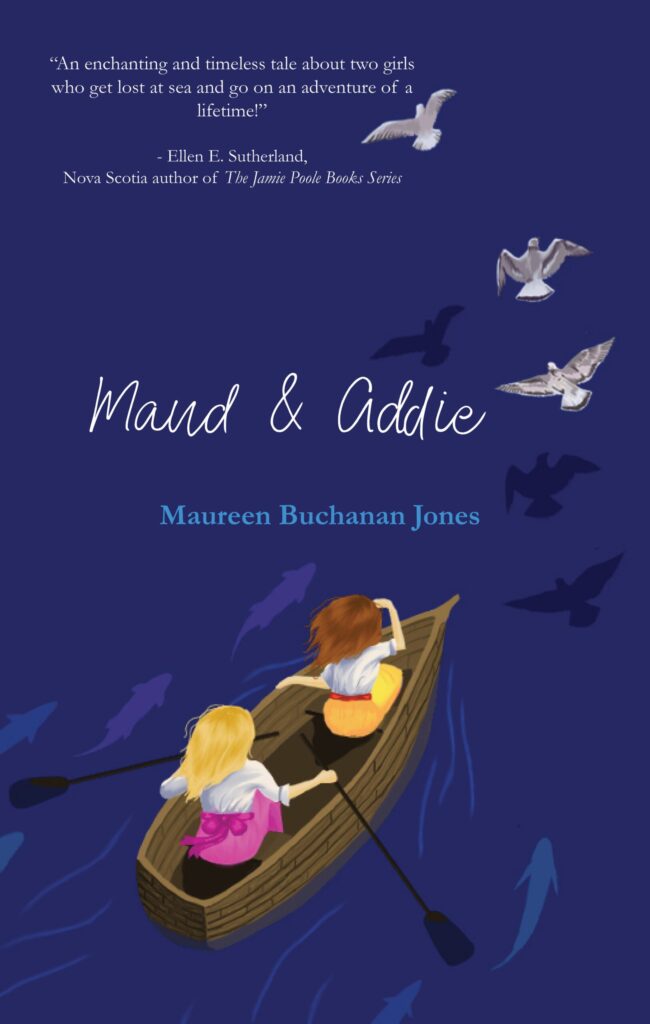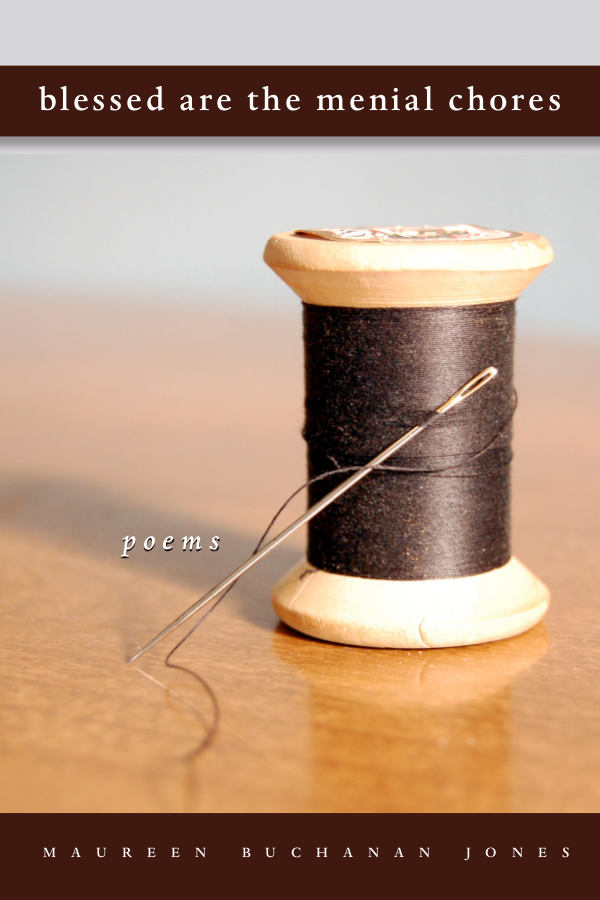As I walked into a poetry class I took decades ago, the professor and a fellow student stood by the window laughing. The professor held a page of poetry in her hand. They stopped laughing when they saw me. The professor said to me, “When you read this poem to us, I think you should stand up and put your hand over your heart.”
I don’t say that it was a great poem. I don’t say that it didn’t need editing. But it was an expression of something I was feeling, and, in truth, it was meant to be sardonic, poking fun at my romantic self. But it was not meant to be made fun of. That moment compelled me to ask: What exactly is a poem supposed to do?
Poems are acts of bravery both to write and to read. They use words to get behind and before language; they run along the nerves and whisper into our bones. But let’s get technical to see if that helps. Is it the way poems achieve their force that gives a poem meaning? Should a poem always have metaphor, line enjambments, rhythm, rhyme, heightened tone, or alliteration? Perhaps, but there can’t be a formula, because poetry, as Robert Frost said, “starts with a lump in the throat.” And it should also, as Emily Dickinson declared, “blow the top of your head off.” Tall orders.
Perhaps a way to begin both writing and reading a poem is to accept any one of these courageous options: notice the shadows and sparks of light in an idea; an argument; an emotion; a story; an accusation; a conversation; a joke; a hint of something not understood before; an acceptance; an apology; a recognition; a call for help; an offer to help; a bold announcement; a shy hidden hope; a way to get back home; a way to break out of everything once known; an invitation; a celebration; a mourning sigh; a simple truth; an ordinary object; a strange visitation; a driving rebuke; a shameful confession; a winding envious path; a jungle of sound; the taste of apricots; sand in a shoe; a yeasty smell; a pit in the stomach; a lift off; an itch. Or simply worship the bronze/gold buds of a shag bark hickory in April and their invitation to be part of everything. A poem, then, stops us in our tracks and helps us live.
Upcoming Events
August Writing Retreat in Hawley, Massachusetts
Open Spots in August 6 – 9, 2023 Retreat Join me on a sunny, quiet hillside with views of the western Massachusetts hills for three days of imagining, remembering, restoring, and inventing. Writers with all levels of experience and genres are welcome. The retreat is firmly based in the AWA Method of respect for all voices and an atmosphere of adventure. Single rooms, shared baths, organic, home-made meals, and time to rest and wander. Fee is $1000 with a $200 deposit by June 1st. For further information: maureen@maureenbjones.com
Publications
Maud & Addie “Sure to enchant, Maud & Addie is a touching novel complete with old skeletons, new friends, and the unbreakable bonds of sisterhood.” Vivian Turnbull, Foreword Reviews. To purchase: https://regalhousepublishing.com/product/maud-and-addie/
blessed are the menial chores “Should anyone ask what poetry is, hand them a copy of this book.” Sue Brannan Walker, poet laureate of Alabama 2003 – 2012. Purchase here: https://www.writingfulltilt.com/author/
Prompt Photo





